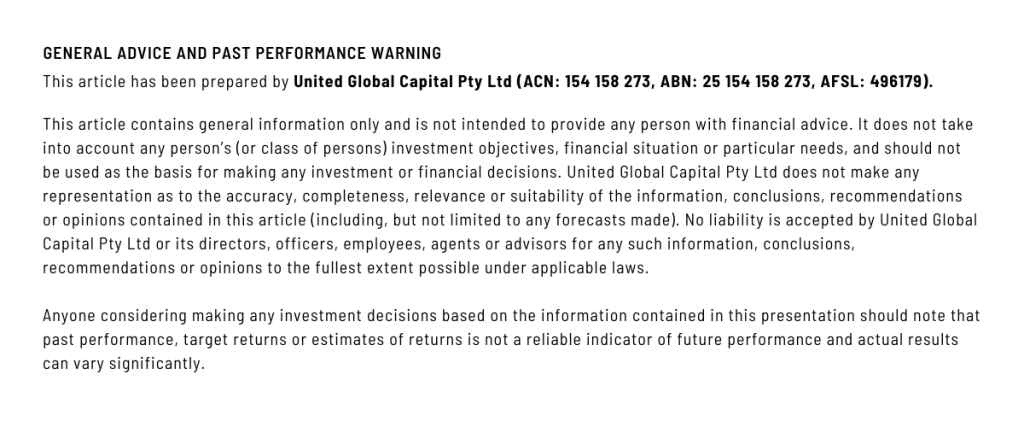SMSFs – The Pros & Cons You Need To Be Aware Of
Self-managed super funds (SMSFs) represent a unique approach to retirement savings, granting individuals more autonomy and a broader range of investment choices compared to traditional superannuation funds. However, they are not universally suitable due to their complexity and the high level of personal involvement required.

Essential Insights:
- Expanded Investment Selection: SMSFs allow individuals to explore a wider array of investment opportunities, including real estate, collectibles, and even physical gold, which are typically not accessible through conventional super funds.
- Capability for Larger Membership: With the option to include up to six members, SMSFs can pool resources more effectively, unlocking investment opportunities and potentially reducing costs through shared expenses.
- Control and Flexibility: Managing your own SMSF offers unparalleled control over investment decisions and strategies, especially concerning how funds are allocated and distributed upon retirement.
- Tax Advantages: Like other super funds, SMSFs benefit from reduced tax rates on investment returns, with the added flexibility to employ strategies that maximise capital gains and income.
However, the responsibility of ensuring regulatory compliance and managing the fund’s investments falls squarely on the shoulders of the trustees. This requires a comprehensive understanding of financial markets, legal requirements, and the administrative tasks associated with fund management.
Differences Between SMSFs and Traditional Super Funds:
Unlike publicly managed super funds, SMSFs demand that members act as trustees, assuming full responsibility for the fund’s compliance with superannuation and tax laws. This hands-on management approach contrasts with the passive role members play in public super funds, where professional institutions manage the investments.
Challenges and Considerations:
- Responsibility and Compliance: Trustees must navigate complex regulatory requirements, with severe penalties for non-compliance.
- Expertise Required: Effective fund management necessitates a deep understanding of investment strategies and market dynamics.
- Time Commitment: The administrative and managerial tasks of running an SMSF can be time-consuming.
- Potential for Higher Insurance Costs: Individual SMSFs may face higher insurance premiums compared to members of large public funds.
Engaging Professional Help:
For those who lack the time or expertise to manage their SMSF, professional advice and management services are available, albeit at an additional cost.

Entry Considerations:
While there’s no fixed minimum to start an SMSF, the costs associated with its setup and ongoing management make it more viable for those with larger balances of $250,000 plus.
FAQs Addressed:
- SMSFs can engage in Limited Recourse Borrowing Arrangements to finance property investments, subject to stringent rules.
- Non-compliance can lead to significant penalties, including loss of tax concessions and potential disqualification of trustees.
SMSFs offer a path to tailored retirement planning with potential benefits in investment freedom and tax efficiency. However, they require a substantial commitment to manage effectively. Consulting with financial experts, such as those at United Global Capital, can provide invaluable guidance. With a team of adept financial advisers, United Global Capital can help you navigate the complexities of SMSFs, ensuring your retirement strategy is both robust and aligned with your financial goals. Contact us today to find out more.

